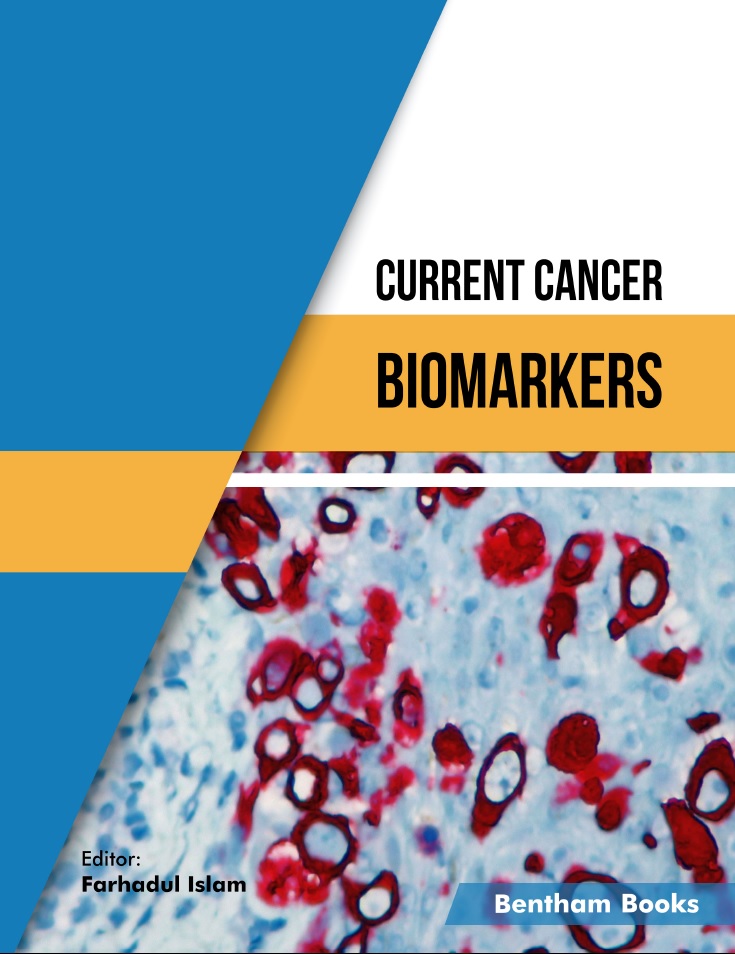Tumour DNA Sequencing

- By Farhadul Islam1
-
View Affiliations Hide Affiliations1 Department of Biochemistry and Molecular Biology, University of Rajshahi, Rajshahi 6205,Bangladesh
- Source: Current Cancer Biomarkers , pp 81-99
- Publication Date: January 2023
- Language: English
Cancer pathogenesis is a multistep process involving the accumulation of complex genetic and epigenetic alterations. The disease can be sporadic or familial in nature. The genes associated with much familial cancer or inherited cancer susceptible syndrome have already been identified. Thus, genetic testing for pathogenic variants of these genes could predict whether an individual has a high risk of developing cancer in their lifetime. Also, tumour DNA sequencing in patients with cancer can be used for therapy selection and to predict treatment outcomes. The recent development of high throughput sequencing enables the exploration of whole genome profiling, including mutations, structural variations, transcriptomes, splicing events, etc., in patients with cancer, thereby providing guidelines for personalized precision medicine in clinical practice. However, the translation of cancer genome sequencing information into the clinical treatment plan is highly complicated, needs multidisciplinary expert panels and is not cost-effective for mass application. Further development in sequencing analysis and data interpretation are imperative for point-of-care settings applications. This chapter outlines the clinical significance of tumour DNA testing and genomic sequencing in various cancers.
-
From This Site
/content/books/9789815079364.chap5dcterms_subject,pub_keyword-contentType:Journal -contentType:Figure -contentType:Table -contentType:SupplementaryData105

